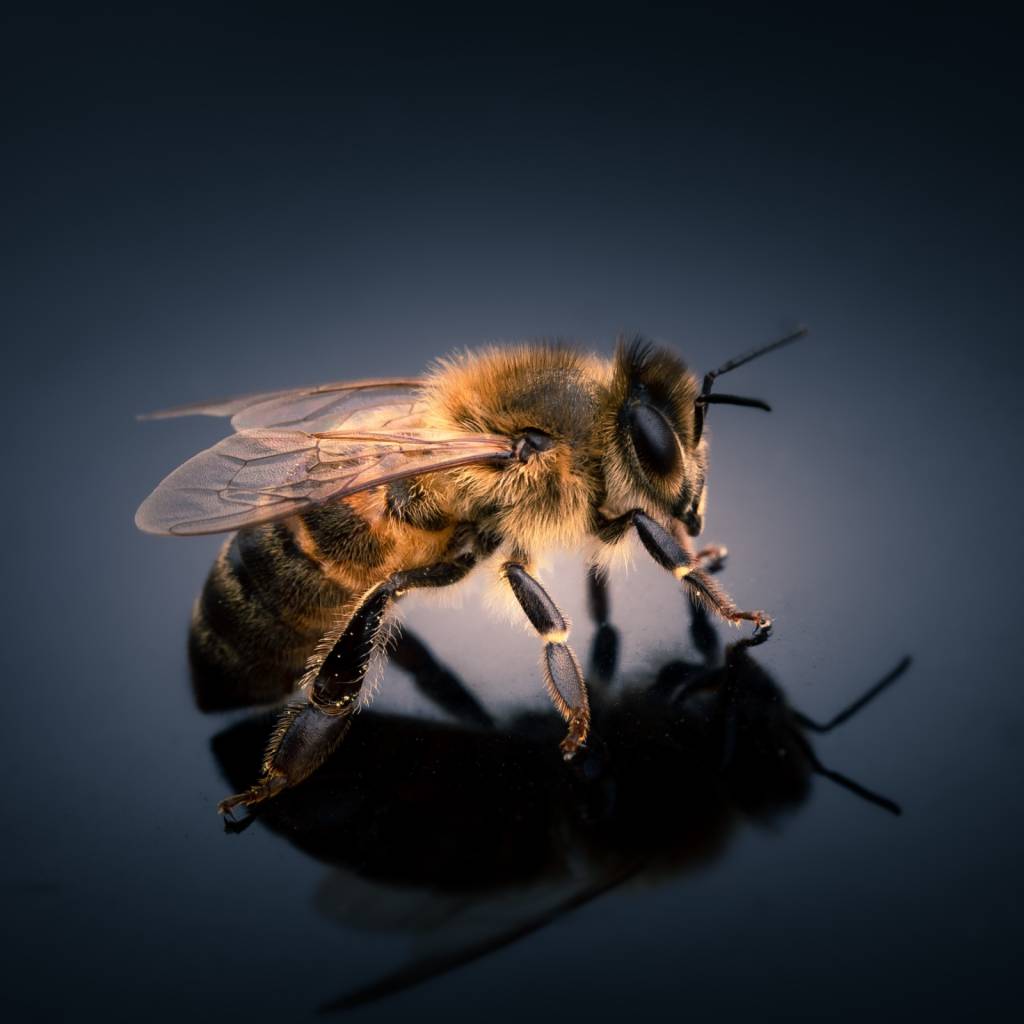Bees and their Gut Microbes under Microscope

Dr. Svjetlana "Lana" Vojvodic Kruse has been fascinated by bees throughout her life. As a faculty researcher at Rowan University's Faculty of Biological Sciences, she studies the role of gut microbiota in bee behavior and genetics.
"Until recently, we didn't know that gut bacteria have a greater function than digesting food and activating the host's immune system," Vojvodic Kruse said. "Experimental creativity has allowed my students and I to show that the microbiological community in the gut can influence the individual learning and social interaction of honeybees."
Next to humans, bees are one of the most complex social organisms and are wise. Thousands of people live together, learn, communicate, work as a community, find food, care for their children, and deal with illness.
Bees' interactions with sugary rewards have been videotaped to track changes in their social structure and interactions. A study by Vojvodic Kruse found that honeybees learn better when the intestines of honeybees contain certain strains. This is a clear link that the honey bee microbiota (the good bacteria in the gut) contributes to memory and learning in some way. She’s also exploring which genes in their brains are tied to behavioral changes.
Understanding how the honey bee interacts with its symbiotic gut bacteria could lead to better honey bee management and practices. Vojvodic Kruse`s work might also lead to better understanding how human gut bacteria impacts our biology, too
“We are definitely trying to improve bee health, but it's a very unique study system that can be used to also look at how the gut microbiome potentially mechanistically influences learning and gene expression in the brain,” Vojvodic Kruse said. “This could potentially translate to other organisms including humans.”
Beekeeper Specialist Jan 28, 2022
